Description
Johann Sebastian Bach – The Motets
The most popular choral compositions of Johann Sebastian Bach (1685-1750) are, without a doubt, his motets. They were created by Bach using the finest compositional techniques of this most consummate composer. No matter in what language they are performed, they move, inspire, elicit joy and thrill those who hear or perform them. The Exultate Bach Motet Choir and Orchestra worked through the summer of 2021 (fully vaccinated and often tested) and recorded all 7 of the motets in German and in English. They are now available on a 4 CD set sung in both languages.
- Singet dem Herrn (BWV 225)
- Der Geist hilft (BWV 226)
- Jesu, meine Freude (BWV 227)
- Fürchte dich nicht (BWV 228)
- Komm, Jesu, komm (BWV 229)
- Lobet den Herrn (BWV 230)
- Ich lasse dich nicht (BWV Anh, 159)
This 4 CD set contains all 7 motets with each being sung in German and in English. This is a first-of-a-kind in the world recording.
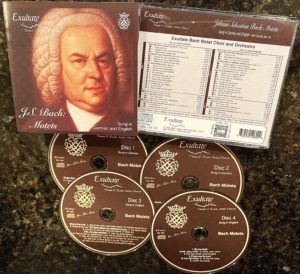
Audio Samples
- Singet dem Herrn (BWV 225)
- German Sample:
- English Sample:
- Der Geist hilft (BWV 226)
- German Sample:
- English Sample:
- Jesu, meine Freude (BWV 227)
- German Sample:
- English Sample:
- Fürchte dich nicht (BWV 228)
- German Sample:
- English Sample:
- Komm, Jesu komm (BWV 229)
- German Sample:
- English Sample:
- Lobet den Herrn (BWV 230)
- German Sample:
- English Sample:
- Ich lasse dich nicht (BWV Anh. 159)
- German Sample:
- English Sample:
THE BACH MOTETS – General Information
Despite their popularity, these motets pose mysteries that scholars still strive to solve. Even which motets to include in the canon remains in dispute. No fewer than fourteen works in total have been designated as Bach motets over the years. The six motets in the original Breitkopf and Hartel edition included Ich lasse dich nicht, but not Lobet den herrn, which was not deemed authentic at the time. Later, Ich lasse dich nicht was determined to be by Bach’s uncle, Johann Christoph Bach, while Lobet den herrn was added to the canon. Both remain in dispute in some scholarly circles, but both are presented in these recordings as authentic Bach motets.
Little is known about when and why Bach composed these works. Only one, Der Geist hilft unser Schwachheit auf, is known to be composed for a specific event, the October 20, 1729 funeral service for J. H. Ernesti, rector at the Thomasschule. Perhaps other motets were composed for funerals as well, but some seem too joyous for performance at a somber event. Scholars long thought that Bach composed all the motets while at Leipzig, but evidence now suggests that he composed at least two of the motets decades earlier in Weimar. The BWV (Bach Works Catalog) numbers assigned the individual motets in 1950, BWV 225 – 230, but do not put them in chronological order.
Although the origins of the motets may remain a mystery, the deep Christian faith which inspired them is evident for all to hear. The term “motet” means “little word” in French, indicating a choral work focused on a specific text. For Bach, that “word” meant the Word of God as revealed in Scripture. In the German region of Thuringia where the Bach family lived and worked, motets traditionally included both biblical passages and chorale texts. Members of the Bach family refined this style of motet over several generations, with more than twenty examples preserved in the Altbachisches Archiv. Johann Sebastian Bach built on this family tradition to create the most elaborate, innovative, and inspired examples of the German motet ever composed.
Bach took great care to compose music which fit the chosen texts. This word-painting helped listeners to better understand and interpret the texts. The new English translations presented here were crafted to maintain this word-painting so that English-speaking listeners can enjoy the same understanding as Bach’s German congregations. Bach once wrote “all music should have no other end and aim than the glory of God and the soul’s refreshment.” He certainly achieved this end and aim with these glorious motets, truly music that moves the soul.
– Yvonne Grover
For more in-depth information about the Bach Motets, visit our Bach Motets Perspective Page.

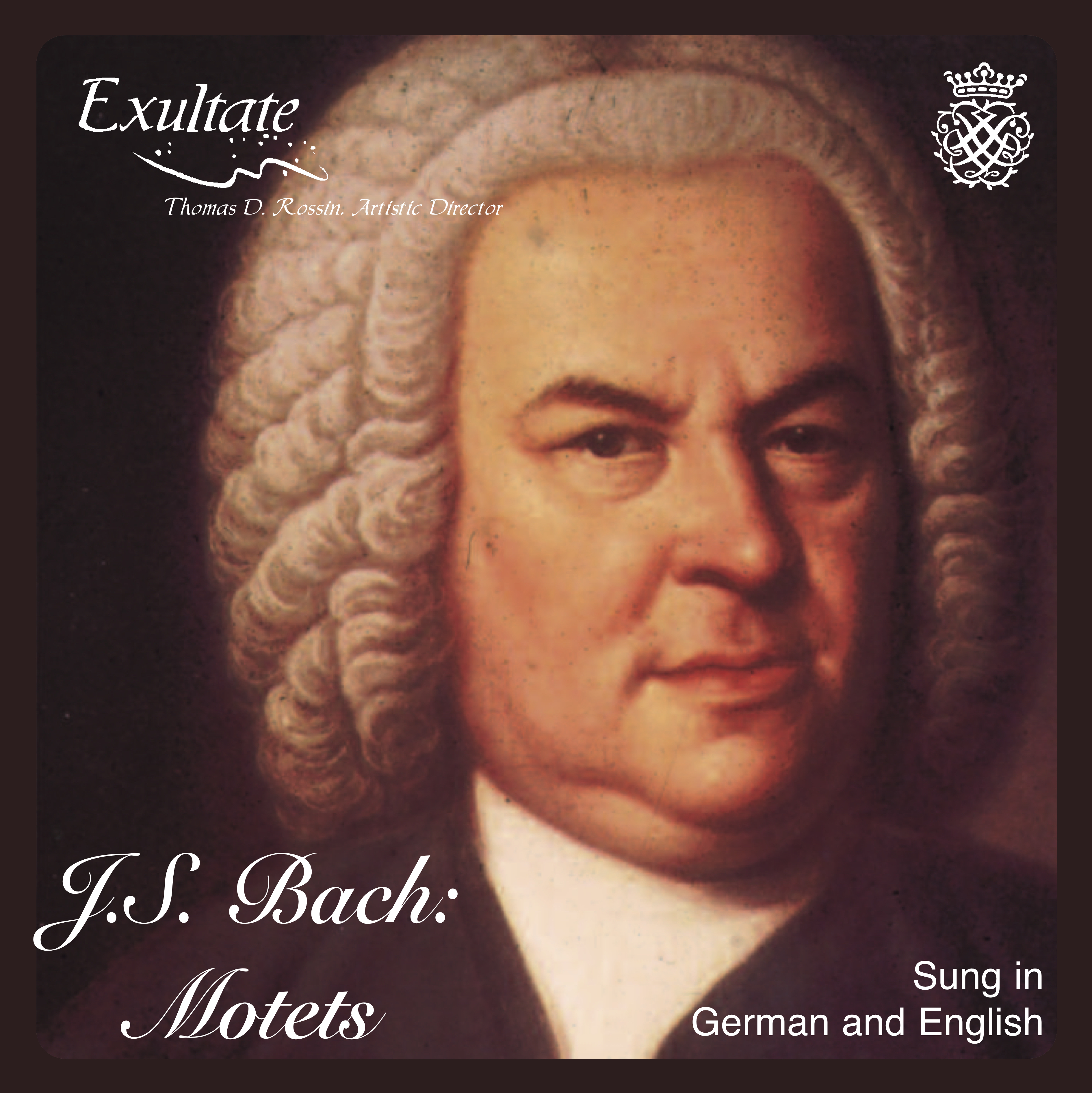
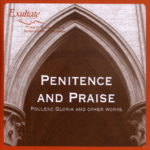

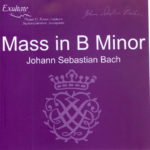
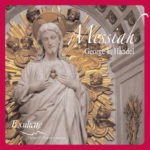
Reviews
There are no reviews yet.